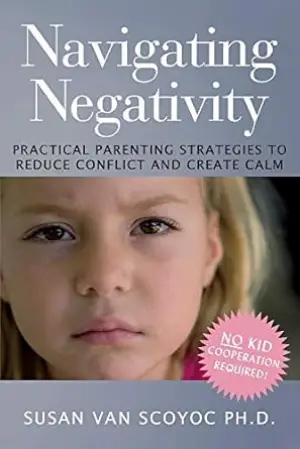I recently finished reading "Winning the War in Your Mind" by Craig Groeschel, a book that promised to guide me through the chaotic landscape of my thoughts and help me reclaim my life from negativity. As someone who often battles with self-doubt and destructive thinking, I was drawn to this title because I felt it could be a valuable resource in reorienting my mindset toward positivity through a faith-based perspective.
Groeschel’s approach is refreshing. He combines insights from Scripture with the latest findings in brain science, creating a framework designed to help readers identify and rewire harmful thought patterns. This book isn’t just philosophical; it’s also practical, filled with exercises and strategies that you can apply to your daily life. I was particularly struck by the way Groeschel encourages readers to "let God’s truth become your battle plan," a sentiment that resonated deeply with me.
Among the notable strengths, many readers, including Al Moody, highlighted the book’s actionable framework that helps navigate daily thoughts. He shared that the book provided him with valuable insights into where thoughts originate and their potential impact, affirming the idea that understanding our thought processes is crucial for personal growth. Similarly, I found the exercises at the end of each chapter extremely beneficial. They encouraged me to pause, reflect, and actively engage with my thoughts—a practice I will carry forward.
Another positive aspect echoed by readers, such as Johnathan Morehead, is Groeschel’s relatability and the balance of wisdom with humor. His writing style makes complex ideas accessible and engaging, making it easy to absorb important teachings about self-worth and the power of prayer and praise.
However, it’s essential to acknowledge a couple of drawbacks that some readers experienced. For instance, while I found the content engaging, I noticed a few reviews mentioned that the book is best approached gradually rather than in one sitting, as described by Josie. I agree; taking the time to digest the concepts week by week allows for deeper reflection and better integration into daily life. Additionally, a few readers felt the biblical references were overwhelming at times. For me, they served as grounding points, but I can see how those less familiar with Scripture might find it challenging to connect fully with Groeschel’s arguments.
Despite these points, Groeschel’s strategies, such as identifying lies and mental triggers, really stood out to me. I found myself nodding along as the author discussed how prayer can transform our minds and how intentionality is crucial in cultivating healthier thought patterns. His emphasis on rewiring the brain resonated with current psychological principles, making it a compelling read for anyone, regardless of faith background.
To sum up my experience, "Winning the War in Your Mind" significantly exceeded my expectations. This book is not just a self-help guide; it’s a practical manual for anyone struggling with negative thoughts or seeking a more fruitful way to handle life’s challenges. Groeschel’s compassionate tone and practical wisdom create a comforting atmosphere, inviting us to trust in a better way of thinking and ultimately, living.
I would wholeheartedly recommend this book to anyone looking for guidance on mental wellness, especially those who enjoy a faith-based perspective. It offers tools not only to combat negativity but also to build a vibrant life filled with joy and peace. Whether you’re dealing with anxiety, self-doubt, or simply want to improve your mental space, this book is a worthy investment of your time.








